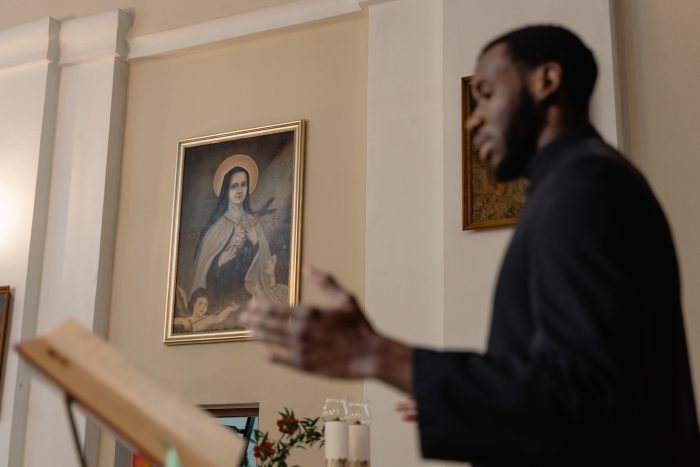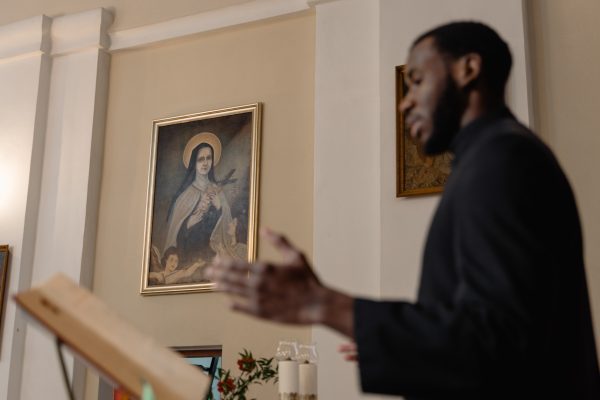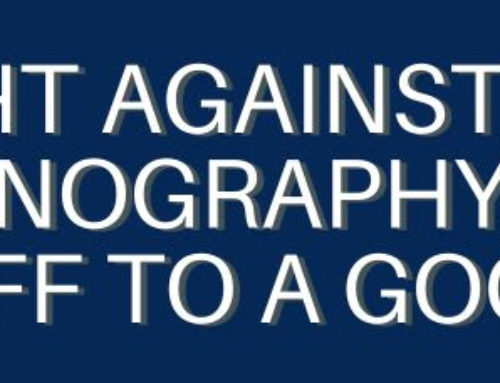A Catholic’s Perspective on Racism and Critical Race Theory
October 17, 2023
Charles Peters, M.D.

Catholic social teaching has a long and rich history which is firmly grounded on the three-legged stool of the principles of human dignity, solidarity and subsidiarity. The Church has spoken powerfully against racism for over five centuries. In our times, great social turmoil has arisen from the promulgation of critical race theory (CRT). CRT is an intellectual movement developed in the 1980s by academic legal theorists such as Derrick Bell, Alan Freeman and Kimberlé Crenshaw. It posits that race is a culturally invented concept used in the oppression of people of color. Furthermore, CRT contends that the law and legal systems in the United States are inherently racist through the creation and maintenance of social, political and economic inequalities between nonwhite and white people. Amid an array of confusing and highly emotional statements, it can be difficult for a Catholic Christian to fully understand CRT and its implications.
Numerous Church documents, especially those of the 20th century, including the Compendium of the Social Doctrine of the Church (2004) and the Second Vatican Council’s pastoral constitution Gaudium et Spes (1965) condemn racism based on the Church’s understanding of both human nature and the demands of the Gospel. This condemnation also applies to slavery and was conveyed as far back as Pope Eugene IV’s 1435 bull “Sicut Dudum” and as recently as Gaudium et Spes.
It is best to turn to the published works of avowed critical race theorists to fully understand their propositions and assumptions. These theorists include Richard Delgado, Jean Stefancic, Robin DiAngelo, Alan David Freeman and Ibram X. Kendi (see Selected Bibliography). They posit without equivocation the following:
- Racism permeates every social institution and every individual, especially white people.
- Those who deny being racists only confirm that they are precisely by denying it.
- The term “white fragility” applies to the tendency of white people to take offense at the accusation that they are racist with “argumentation” and other forms of disagreement.
- Inequity is synonymous with disparity.
- Advocating for a “victim perspective” that focuses on the condition of minority groups that are disadvantaged rather than on the cause.
- “Whiteness” and “systemic racism” should be combated by “…aggressive, color-conscious efforts on behalf of nonwhite people requiring racial discrimination in their favor and against whites.”
- Cultural relativity (i.e., moral relativism) is the essence of cultural antiracism with the goal being not to change minds or hearts but rather to acquire power.
Dr. Edward Feser, author of “All One in Christ: A Catholic Critique of Racism and Critical Race Theory”, notes CRT proponents’ claim that “In short, anyone who dissents from CRT is to be regarded as among the ranks of the racist enemy.”

CRT may be overwhelmingly refuted on the basis of both philosophical grounds and social science objections. Marked similarities between CRT and Marxism and postmodernism–a belief system that rejects the concepts of rationality, objectivity, and universal truth, can be observed. CRT expounds a basic vision of human nature and social life rooted in radical egalitarianism. It promotes racial discrimination against whites and in favor of nonwhites while rejecting outright the moderation of the traditional civil rights movement, and emphasizes the acquisition of power rather than changing minds via rational persuasion. In marked contradistinction, the Catholic Church promulgates teachings grounded on natural law and moral theology and has vigorously condemned the key ideas of Marxism (e.g., social classes—Rerum Novarum and Humanum Genus, Pope Leo XIII), socialism and communism. In addition, the Church rejects radical egalitarianism and the notion that all cultures are equally good in every important aspect along with the relativist thesis that there are no objective standards outside of cultures by reference to which they may be judged. Any theory or form of racial discrimination is morally unacceptable. Socio-economic problems can and should be resolved only with the help of all the forms of solidarity, such as friendship, social charity and brotherhood.
As a Catholic Christian, it is not difficult to contrast the evangelical attitude of the Church toward all with the divisive spirit of CRT. Therefore, a Catholic must oppose vigorously CRT, condemn racism in any form and avoid the tactics of CRT’s “cancel culture” in favor of rational discourse and mutual understanding. There can be no justification for the demonization of an entire race (i.e., whites). Rather, one should embrace solidarity and mutual respect avoiding the notions of “victims” and “oppressors” in favor of the Holy Gospel which teaches us to care for, forgive and love our brothers and sisters in Christ.
Selected Bibliography
Delgado, Richard and Jean Stefancic. Critical Race Theory: An Introduction. Third Edition. New York: New York Univ. Press, 2017.
DiAngelo, Robin. White Fragility: Why It’s So Hard for White People to Talk about Racism. Boston: Beacon Press, 2018.
Feser, Edward. All One in Christ: A Catholic Critique of Racism and Critical Race Theory. San Francisco: Ignatius Press, 2022.
Freeman, Alan David. Legitimizing Racial Discrimination through Antidiscrimination Law: A Critical Review of Supreme Court Doctrine in Crenshaw et al, eds, Critical Race Theory: The Key Writings that Formed the Movement. New York: New Press, 1995
Kendi, Ibram X. How to Be an Antiracist. New York: One World, 2019.









